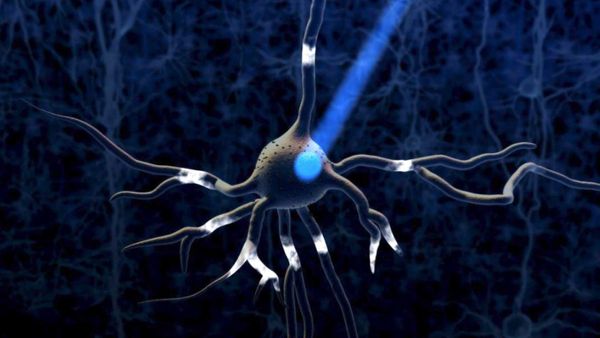Emotional Algorithmic-Exploitation (EAE)

Emotional Algorithmic Exploitation (EAE) refers to the unethical practice of corporations manipulating people's emotions through the use of AI
Emotional Algorithmic Exploitation (EAE)
In a world where AI is becoming more pervasive, the ethical implications of EAE are significant. If organizations are allowed to exploit the emotional element of human beings, there could be serious psychological and emotional effects on society. Individuals may feel manipulated or controlled by the technology, leading to a loss of trust and increased skepticism towards technology and the corporations that develop it.
Firstly, corporations could use EAE to manipulate people's emotions and desires, causing them to be more prone to consumerism and materialistic pursuits. By targeting people's emotions and psychological vulnerabilities, corporations could create an environment that encourages people to pursue material possessions and instant gratification over more meaningful and fulfilling experiences.
Secondly, EAE could lead to the erosion of values and beliefs traditionally associated with spirituality. By promoting a consumer-driven culture, corporations could de-emphasize the importance of spirituality and traditional values, which often promote qualities such as altruism, empathy, and selflessness. Instead, individuals may be encouraged to focus solely on their own material gain, leading to a loss of spiritual and moral grounding.
Moreover, the emotional manipulation of individuals could result in a loss of autonomy, as people become more susceptible to the influence of external forces. This could lead to a breakdown in social cohesion and an erosion of individual freedoms. Additionally, the use of emotionally manipulative technology could exacerbate existing social inequalities and biases, leading to further marginalization and oppression of certain groups.
Necessary AI Code of Ethics
- Informed consent: Organizations must ensure that individuals are fully informed of the use and potential effects of AI on their emotions and actions
- Transparency: Organizations should be transparent about the algorithms used to manipulate emotions, as well as the sources of the data used to train the AI
- Privacy: Organizations must safeguard personal information and ensure that they only use the data collected for its intended purposes.
- Responsibility: AI providers and operators must take responsibility for the impact their algorithms have on society and individuals.
- Bias: Algorithms used in AI must be free from biases that could unfairly impact certain individuals or groups.
- Autonomy: AI should be designed to empower individuals, not to control or manipulate them.
- Empathy: AI creators and operators should develop AI systems that promote empathy and respect for individual autonomy and human dignity.
- Regulation: There should be appropriate legal and regulatory frameworks to oversee the development and deployment of AI systems.
- Trust: Organizations should strive to build trust and confidence among users by using AI in ethical and responsible ways.
- Observation: AI systems should be continuously monitored to ensure that they do not become vehicles for exploiting or manipulating individuals' emotions.
To prevent the negative consequences of EAE, it is important to have appropriate legal and regulatory frameworks to ensure the ethical and responsible use of AI. Such frameworks must take into account the potential psychological and emotional effects of AI on individuals and society as a whole. By promoting responsible and ethical use of AI, we can create a more positive and sustainable future for all.





